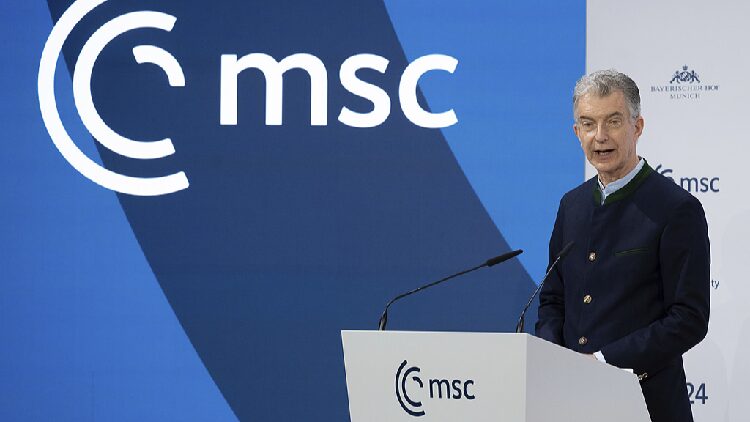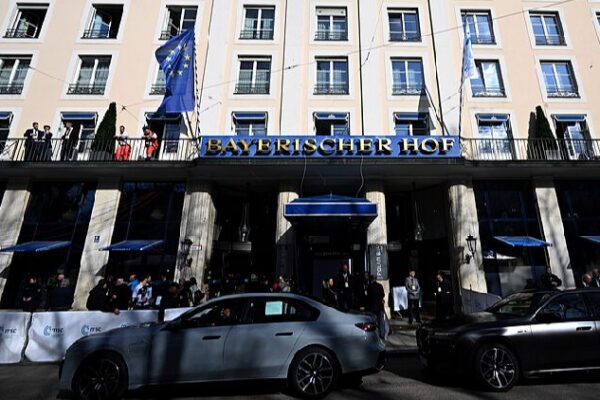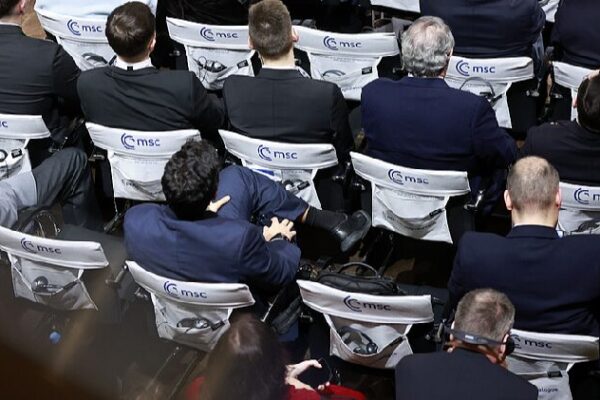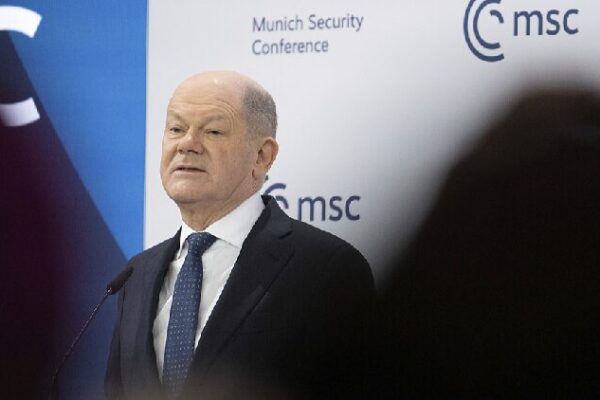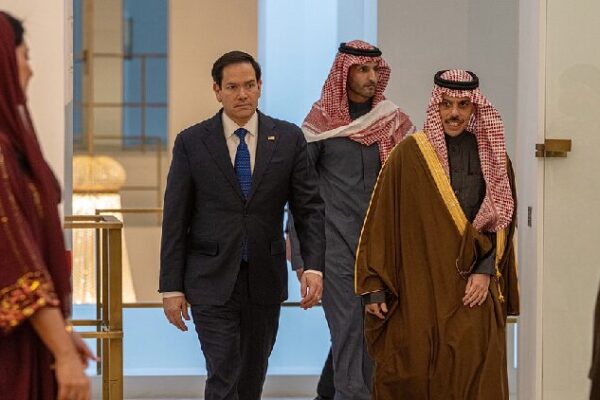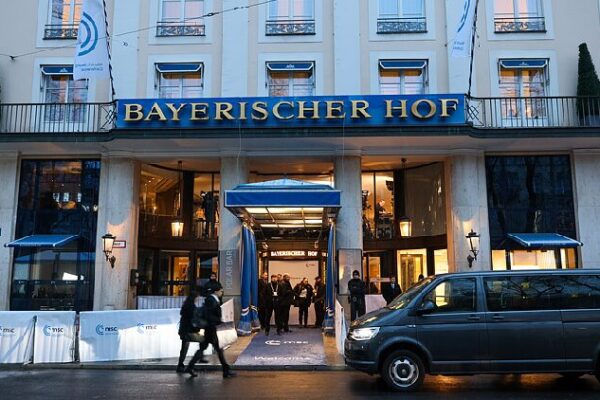The 61st Munich Security Conference (MSC) wrapped up on Sunday, revealing deepening divisions between Europe and the United States. Christoph Heusgen, the conference chairman, voiced concerns over the widening gap. “We have to fear that our common value base is not that common anymore,” he remarked as the three-day event concluded.
Tensions escalated following a controversial speech by a high-ranking U.S. official, which drew criticism from European leaders. Heusgen expressed gratitude that European politicians “have spoken out and reaffirmed the values and principles they are defending.”
This year’s conference brought together around 60 heads of state and government and 150 ministers to discuss pressing global security challenges, including climate change, European security, and regional conflicts. Despite the dialogues, divisions persisted on issues such as the conflict in Ukraine and European defense strategies.
Commenting on the situation, Xiao Qian, deputy head of the Center for International Security and Strategy at Tsinghua University, noted that the remarks by the U.S. official exposed the rift between the U.S. and its transatlantic allies.
Heusgen emphasized the urgent need for shared norms and principles in an increasingly multipolar world. “This order is easy to disrupt, to destroy, but much harder to rebuild,” he stated.
Highlighting the rising importance of the Global South, Heusgen pointed out that over 30 percent of speakers at this year’s conference were from Asia, Africa, and Latin America. “Their voices were crucial in discussions on the evolving multipolar order,” he said.
As the global landscape becomes more complex, the need for collaboration and understanding among nations is more pressing than ever. The MSC underscored the challenges ahead and the necessity for unity in addressing them.
Reference(s):
Munich Security Conference ends amid strained transatlantic relations
cgtn.com
